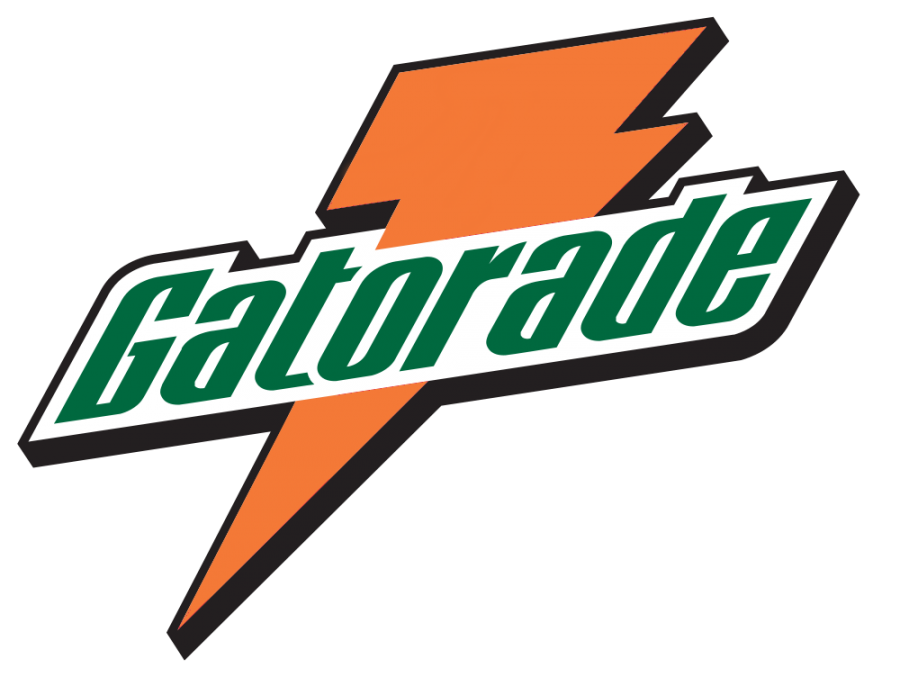G-Week
January 29, 2017
For three days, Cupertino High School’s fall sports athletes treated themselves to free protein drinks, bars, and energy gels—all courtesy of Gatorade.
Said athletic trainer Rochelle Collinwood, “[During G-week], Gatorade promotes their product by allowing us to supply our athletes with three days worth of the product [called] ‘Prime.’ ”
The overall package included pre-performance “fuel” bars, post-performance bars, protein shakes, energy gels and gallons of Gatorade. While some athletes perceived the multitude of protein bars, shakes and gels as an opportunity for free food, others gained substantial benefits from the products.
Junior and varsity boys cross country runner Parker Magnuson found the pre-performance protein bars to be a reliable source of fuel taken directly before running.
Said Magnuson, “The fuel bar gave me a solution to the problem of eating breakfast before a meet because it would either be too much or not enough, and the fuel bar worked just right.”
Senior and varsity football player Shawn Dumov claimed that the energy gels and protein bars improved the performance of the entire team. “The protein bars would energize us and make us less hungry,” Dumov said. “During practice, we would be more hyped up and more focused on the task at hand.”
While student-athletes were generally either apathetic or enthusiastic towards G-week, Collinwood acknowledged that the products could not necessarily be considered a health food.
“As a regular everyday person, I do not think that Gatorade is very good for you,” said Collinwood. “But as an athlete, you need the stuff in the products—the sugar, the carbohydrates and the protein—to be a good athlete.”
But cross country coach Paul Armstrong disagreed, claiming that most student-athletes do not need the products to perform well.
Said Armstrong, “If you are eating properly, or if your diet is correct, then you should not need it.”
For Armstrong, the exception is if an athlete is performing in extreme heat or exercising at a high-intensity level for an extended period. However, according to Armstrong, the excessive sugar and sodium that can be found in the products is unnecessary.
“They got all these bars for pre-competition, for post competition and fuel,” Armstrong said. “It’s all crap. It’s marketing.”
Calorie-heavy protein bars may not be the healthiest, but they succeed in providing a convenient source of fuel for athletes.
Said Collinwood, “When you are in a sport, you need to eat within 30 minutes of exercise. And so, if you have a protein bar, then you could eat that right after practice. And then by the time you get home and eat two or three hours later, you have already recovered your muscles with that protein product.”
Of course, replenishing your body with wholesome foods is the ideal alternative.
“Some people have those bars every day after practice,” Armstrong said. “I say, ‘Look at the ingredients, look at what is in there.’ That is not to say you cannot have it once in awhile, but not every day after practice.”




